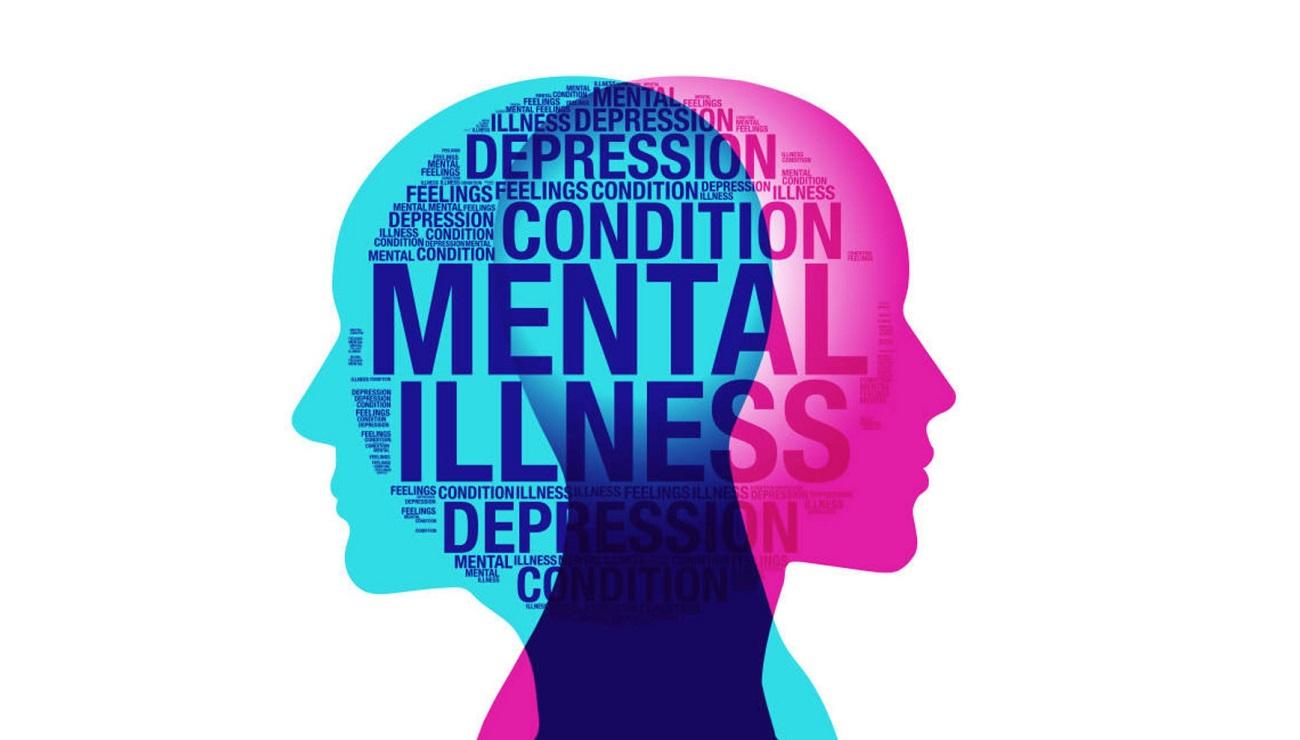Market Overview
Mental Health Market Research Report Information By Disorder (Schizophrenia, Alcohol Use Disorders, Bipolar Disorder, Depression, Anxiety, Post-traumatic Stress Disorder, Substance Abuse Disorders, Eating Disorders, Other), By Services (Emergency Mental Health Services, Outpatient Counselling, Home-based Treatment Services, Inpatient Hospital Treatment Services, Other), By Age Group (Pediatric, Adult, Geriatric) And By Region (North America, Europe, Asia-Pacific, And Rest Of The World), Forecast Till 2032.
The Mental Health Market Size valued at USD 385.9 Billion in 2022 and is projected to grow from USD 399.7 Billion in 2023 to USD 530.5 Billion by 2032, exhibiting a compound annual growth rate (CAGR) of 3.60% during the forecast period (2023 - 2032).
Market Dynamics
The Compound Annual Growth Rate (CAGR) of the mental health market is being driven by increased awareness and recognition of mental health issues. Efforts to reduce the stigma surrounding mental health have gained momentum in recent years. Public awareness campaigns, celebrity endorsements, and personal stories shared on social media have facilitated more open discussions about mental health. As stigma diminishes, more individuals are willing to seek help and access mental health services.
Mental health advocacy groups and organizations have been crucial in raising awareness and advocating for improved access to mental health care. Their efforts have influenced policy changes, increased funding for mental health programs, and expanded the availability of services. The integration of technology into mental health services, such as teletherapy, has made care more accessible and convenient. Technology-driven solutions have reached a broader audience and reduced barriers to seeking help. Many employers have recognized the importance of mental health in the workplace, leading to the implementation of mental health programs, Employee Assistance Programs (EAPs), and stress management resources to support employee well-being. This has increased access to mental health services for employees.
Governments in various countries are acknowledging the significance of mental health and allocating resources to improve mental health services. New legislation, policies, and funding initiatives are being introduced to address mental health challenges component of overall well-being, encouraging individuals to proactively seek mental health services and incorporate mental health practices into their daily lives.
Ongoing research in the field of mental health has led to a better understanding of mental health conditions and the development of evidence-based interventions. Increased awareness of the science behind mental health conditions has reduced misconceptions and encouraged early intervention. Crisis hotlines, crisis intervention services, and suicide prevention efforts play a crucial role in addressing immediate mental health needs and preventing crises, contributing to the overall mental health ecosystem and driving market revenue.
Segmental Analysis
The Mental Health Market is segmented by type into Schizophrenia, Alcohol Use Disorders, Bipolar Disorder, Depression, Anxiety, Post-traumatic Stress Disorder, Substance Abuse Disorders, Eating Disorders, and Others. The depression segment leads the market, generating the largest revenue, as it is one of the most prevalent mental health disorders globally.
In terms of distribution channels, the market is segmented into Emergency Mental Health Services, Outpatient Counseling, Home-based Treatment Services, Inpatient Hospital Treatment Services, and Others. The inpatient hospital treatment services category dominates the market due to its critical role in managing severe and acute mental health crises.
Regarding age groups, the market is divided into Pediatric, Adult, and Geriatric. The adult category holds the largest market share, as mental health disorders are commonly observed in adults. Conditions such as depression, bipolar disorder, anxiety, post-traumatic stress disorder, and substance use disorders often develop or intensify during adulthood.
Regional Analysis
By region, the study provides market insights into North America, Europe, Asia-Pacific, and the Rest of the World. The North American Mental Health market dominates due to its high level of economic development and access to resources, allowing for substantial investments in mental health services, research, and infrastructure. North America has a large and diverse population, with a significant portion of adults seeking mental health services. The region also boasts advanced healthcare infrastructure, including hospitals, mental health clinics, research institutions, and pharmaceutical companies.
The major countries studied in the market report include the US, Canada, Germany, France, the UK, Italy, Spain, Japan, India, China, Australia, South Korea, and Brazil. Europe's Mental Health market holds the second-largest market share, as mental health disorders are a major public health concern in Europe, affecting millions of individuals. There is increasing awareness of mental health issues, and the region generally has well-developed healthcare systems that provide access to mental health services. In Europe, the German Mental Health market held the largest market share, while the UK Mental Health market was the fastest growing.
The Asia-Pacific Mental Health Market is expected to rise at the fastest CAGR from 2023 to 2032, driven by increasing awareness of mental health issues and the growing burden of mental health challenges. In this region, China's Mental Health market held the largest market share, and the Indian Mental Health market was the fastest growing.
Competitive Dynamics
Leading market players in the Mental Health sector are making substantial investments in research and development to diversify their product lines, a move poised to fuel further growth in the market. These companies are strategically expanding their global presence through mergers and acquisitions, new product launches, contractual agreements, heightened investments, and collaborations with other entities. Key players driving innovation and market expansion include Acadia Healthcare, The MENTOR Network, Universal Health Services, Inc., Behavioral Health Network, Inc., CareTech Holdings PLC, Strategic Behavioral Health, Ascension Seton, North Range Behavioral Health, Pyramid Healthcare, and Promises Behavioral Health.

